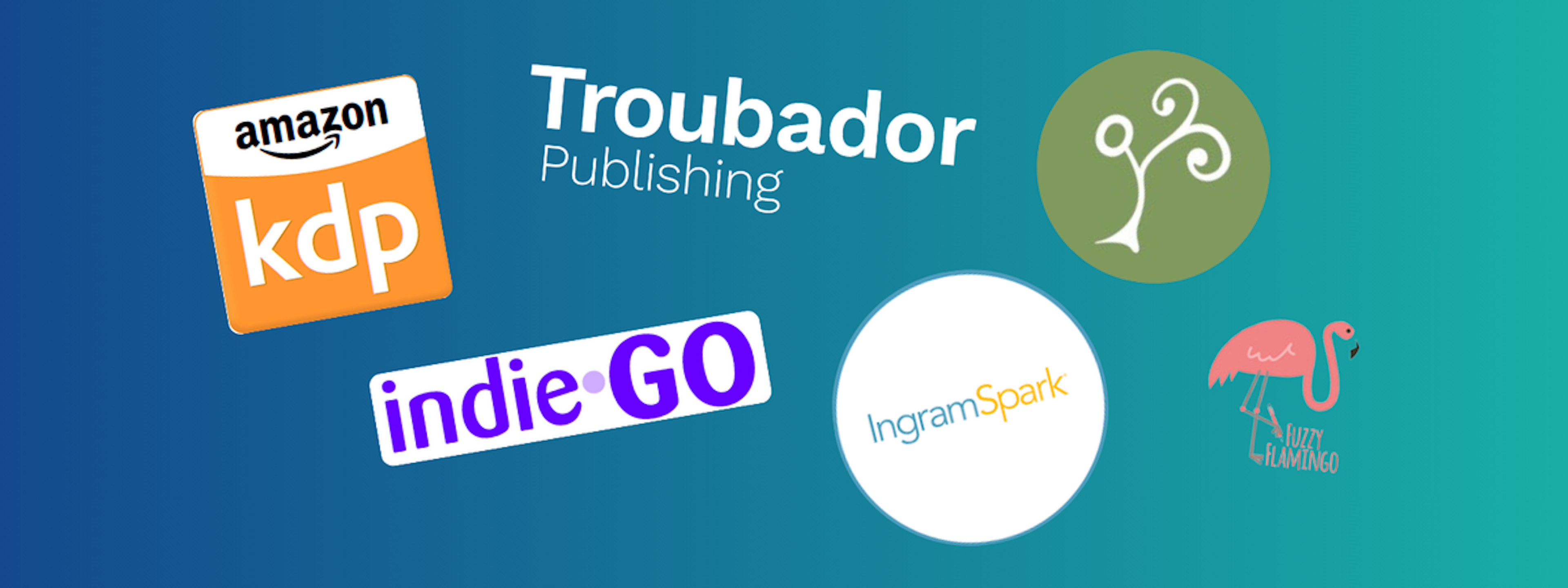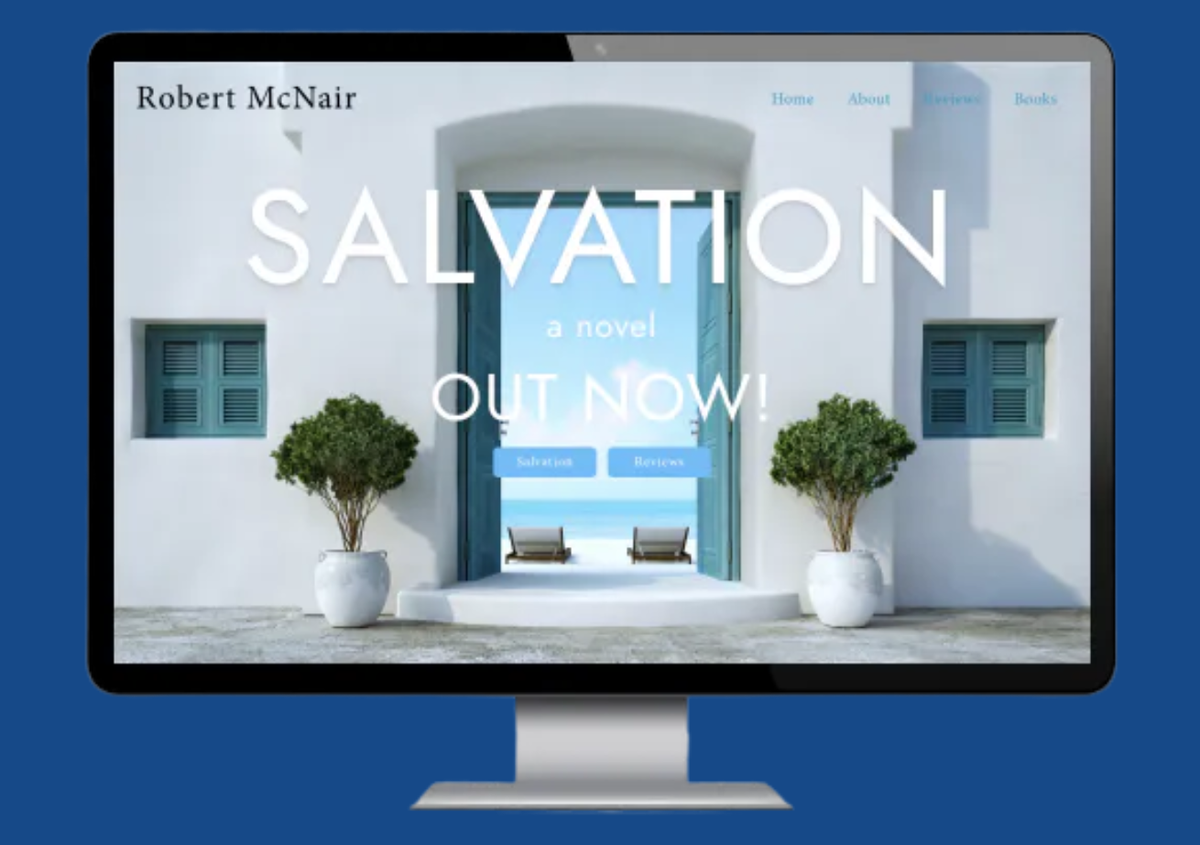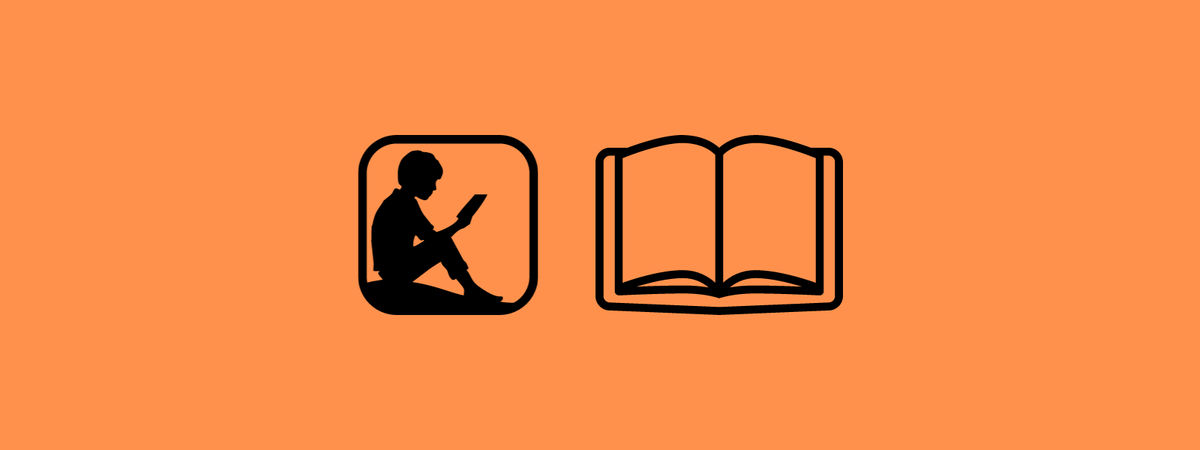
24th April, 2024
7 min read
Exploring Book Discoverability: How do readers pick their next read?
Written by:
Jane Rowland
As an increasing number of books are published, how do readers discover their next book? For an author, understanding the main book recommendation channels that readers use to discover their next read becomes increasingly important. This blog looks at how readers choose the books they want to read. We look at how personal recommendations, social media and book reviews influence readers, and discuss some practical takeaways to help authors with their own book sales and marketing strategies.
Book Recommendations From Friends And Family
According to statistics published on WordsRated, personal recommendation is the top way book lovers decide what to read next. From this survey, 47.5% of readers chose books because they were recommended to them by someone they know. Out of this, recommendations by friends were the most influential (20%), and family recommendations comprised 12% of this overall total. The remainder of the recommendations came as a result of a bookshop steer, social media or other suggestions.
Takeaways For Writers
Having a book recommended by trusted friends and family is an important factor in what readers choose to read next, so how can you use this knowledge? The evidence is that writers should seek to form a connection with readers. Such ‘direct-to-reader’ marketing includes websites that engage with readers, including updating on author events and new book releases, using email newsletters and social media. Promotions and giveaways to get your book out into the hands of readers, events on social media and in person, and direct-to-reader discount offers are all vital in encouraging readers to try your book and recommend it to others. For ebooks, especially if you're publishing a series, price-dropping the first book can help ‘hook in’ readers who will engage – and hopefully recommend it to others.
Book Recommendations From Booksellers and Bookstores
In the same survey, booksellers and libraries were the next most trusted source for book recommendations after friends and family (a 19% aggregate). Booksellers are wonderful sources of all things reading, and can give excellent advice about what a reader might enjoy next based on the books they have read in the past. A bookshop itself, even without using the bookseller's knowledge, can be a great source of inspiration - especially the tempting and heavily curated offer tables at the front.
Online bookshops work on algorithms that suggest and link to books based on click and sales data for their customer base in general – and for you as an individual. This is simply data-driven – unlike a bookshop, where the bookseller is likely to be a passionate reader and make recommendations based on books they have personally read and loved or are passionate about.
Takeaways For Writers
When publishing your book, befriend your bookseller! Use your local bookshop frequently and build a relationship with the store before you ask them to stock your book. Make their job easy – understand how bookshops buy books to present yourself as professional and easy to deal with. Getting your book on the shelf is just one step on the path to being noticed; you want the bookseller to believe in your book and its sales potential. Offer to do events and work hard on building sales so the bookseller can see the benefit of reordering and recommending your title above others.
If your focus is online, then there are ways to improve your listing on sites such as Amazon - look at Amazon A+, getting verified reviews of your book or using the author central pages to help complete your book’s listing and push its authority up the ratings.
Book Recommendations From Reviews
Some authors believe that a review in a respected printed newspaper or magazine will drive sales – but statistics indicate that less than 14% of book buyers use printed reviews to help guide them to their latest read. Printed reviews in authoritative publications are generally carried out by a professional book reviewer. This gives a different perspective on the book to the customer/reader reviews which appear on retailer sites and sites such as Goodreads.
Statistics around online reviews indicate that around 95% of customers will read a review online before making a buying choice and that 89% of consumers see reviews as an important part of the buying decision. Interestingly, most customers will read at least four reviews before deciding to purchase, and a product with at least five online reviews can result in 270% more sale conversions. While these stats relate to all online reviews and are not merely book-specific, such reviews are a proven convincer in helping consumers move from browser to buyer.
Takeaways For Writers
While printed media remains an important part of an author’s marketing toolkit, it should not be considered the most important route to making sales based on reviews. Instead, use a media outreach campaign as part of your marketing – not as the only marketing that you carry out.
Actively seeking online reviews from readers can also help your book sales. Do this by engaging with book bloggers, looking at online book tours and building direct-to-reader relationships, where you can encourage readers to review your book. If the sweet spot is getting four or five online reviews to increase sales, how can you achieve this? Statistics indicate that only 5-10% of customers leave reviews - so engaging with as many readers as possible becomes ever more important.
Social Media And Book Recommendations
As of January 2024, there are over 56 million users of social media in the UK, and over half the world now engages with social media in some form every day. As a promotion channel, social media is no longer optional for writers looking to connect with readers. There are now specific subcommunities on some of the big social media channels dedicated to books and reading (Booktok on TikTok and Bookstagram on Instagram, for example), which are where users share book-specific content and recommendations.
A 2023 report on book buying and social media habits (published by Nielsen Book) found that book discoverability on social media is influenced by three things: the platform, the age of the user and type of content, and the book genre.
The main social media platforms used in the UK are Facebook, Instagram, TikTok, X (formerly Twitter) and YouTube. Figures from Nielsen’s research found that in the first few months of 2023, over 50% of book buyers in the UK used Facebook, 44% reported using Instagram, and 30% interacted with TikTok. While Facebook has historically been the best and most reliable platform for reaching readers, different platforms appeal to different demographics - and this is increasingly fragmenting. For example, the Nielsen report indicates that 50% of book buyers using Instagram are aged between 16-44, whereas TikTok users are highest in the 16-24 bracket. Facebook users are generally slightly older.
The different platforms also favour different formats of posts, with TikTok being more video-led, and YouTube often being an underused resource for writers and publishers (£) looking to engage with younger readers. For authors focussed on marketing, statistics like these give a good steer as to what platform it is worth spending more time interacting with based upon the age and demographic of the users and the appeal of your book to those demographic groups.
Nielsen also noted some differences in genre and how that impacted book recommendations on social media, which can also be useful to authors looking at which platform to use when promoting books. In broad terms, the results showed that crime/thrillers did well on Facebook and X, fantasy/sci-fi was more popular on TikTok than on Facebook, and books in the romance and young adult fiction categories were very much led by Instagram and TikTok.
Takeaways For Writers
To maximise your chances of growing your audience, you need a presence on social media. It takes effort to maintain full and engaging profiles on all channels, so consider which social media channel your audience engages with most? If you are writing romatasy or YA, then spending time on TikTok might be a better use of your marketing resources than posting on LinkedIn. What kind of content works best for your demographic? Again, start following authors in similar genres to you and get a feel for the type of content they post, and how often. It’s not about being ubiquitous across all social media, but about being savvy in using a smaller range of opportunities well.
Conclusion
Writers need readers and actively getting recommendations should be a key part of your marketing toolkit. Getting book recommendations has transformed in the digital era, with social media channels playing a larger role, but word-of-mouth recommendations and readers' passion for sharing and recommending books remain important and encourage us to engage more with readers to encourage those all-important book recommendations. Spend some time thinking about who your readers are and then consider how you can start building those relationships so that you can benefit from their book recommendations – both offline and online.
Most popular articles

Alex Thompson
The 6 Best Self-Publishing Companies in the UK 2024

Stephanie Carr
Unlocking the Power of Personal Branding: Why Author Websites Are Essential for Every Writer

Alex Thompson
What is Full-Service Self-Publishing & Why Should an Author Consider It?

Andrea Johnson
Kindle Direct Publishing (KDP) versus Troubador: What should an author know?

Jane Rowland

